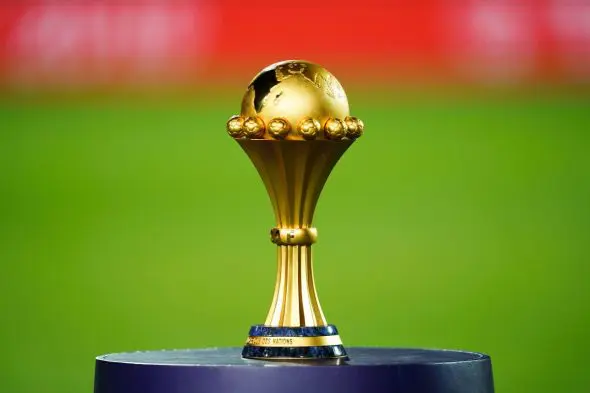AFCON every four years? Ex-CAF official Junior Binyam warns of dire consequences

A former Confederation of African Football (CAF) executive has raised concerns over the potential shift of the Africa Cup of Nations (AFCON) to a four-year cycle, warning that such a change could have devastating effects on the governing body’s financial stability.
Junior Binyam, the former head of communications for CAF, highlighted the growing threat posed by FIFA’s new 32-team Club World Cup, which is set to debut next summer from June 15 to July 13.
The tournament’s introduction, he argued, places additional pressure on AFCON’s scheduling, making the traditional biennial format increasingly difficult to maintain.
“Today, we no longer know when the AFCON will be held. You are well placed to know that holding the AFCON every two years doesn’t suit anyone outside of Africa. It doesn’t suit FIFA, nor the Europeans. It’s going to become increasingly difficult to maintain because FIFA has managed to improvise a Club World Cup that will have its first edition next June,” Binyam stated.
Financial lifeline under threat
Binyam’s concerns extend beyond scheduling conflicts, warning that CAF’s very existence could be jeopardised if the tournament moves to a four-year cycle.
The AFCON is CAF’s primary revenue source, and without it being held every two years, he believes the organisation would struggle to sustain itself financially.
At a time when Africa was truly represented at FIFA, such a decision could never have been made, especially if it threatened the interests of CAF’s flagship competition, the AFCON. CAF without the AFCON is doomed to disappear. It’s the main source of revenue. If we can’t play an AFCON every two years, it’s over for CAF,” he asserted.
European model vs. African reality
Comparing the financial structures of European and African football, Binyam pointed out that while European club competitions such as the UEFA Champions League generate substantial income, African football relies heavily on AFCON as a financial backbone.
In Europe, it’s the club competitions, the Champions League, that provide the funds.
In Africa, it’s the AFCON. However, as things stand, we’ll have to tinker for a while longer, but if there’s no revival, we’re heading towards an AFCON every four years and therefore towards the end of CAF because it’s economically drained.
With FIFA’s growing influence and expanding global tournaments, the future of AFCON’s scheduling remains uncertain.
If CAF is unable to resist external pressures, the landscape of African football governance could face a seismic shift, with potentially far-reaching consequences for the sport across the continent.




